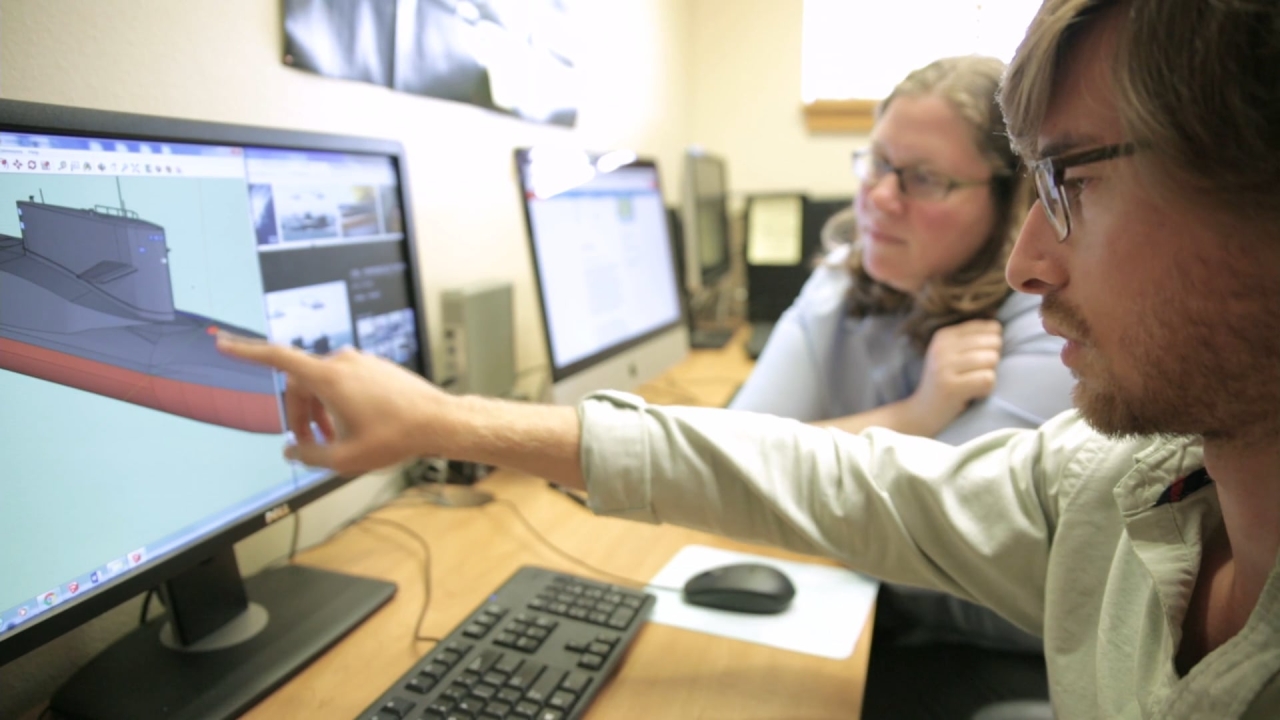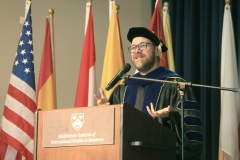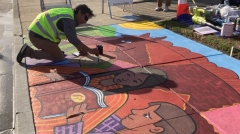In Conversation: Language Education in the Age of Rapid Technological Change
| by Sierra Abukins
We recently caught up with TESOL program chair Jason Martel, the 2024 Faculty Excellence Award winner, to talk about whether it’s still worth learning a language these days and how long-time language teaching paradigms need to shift.




